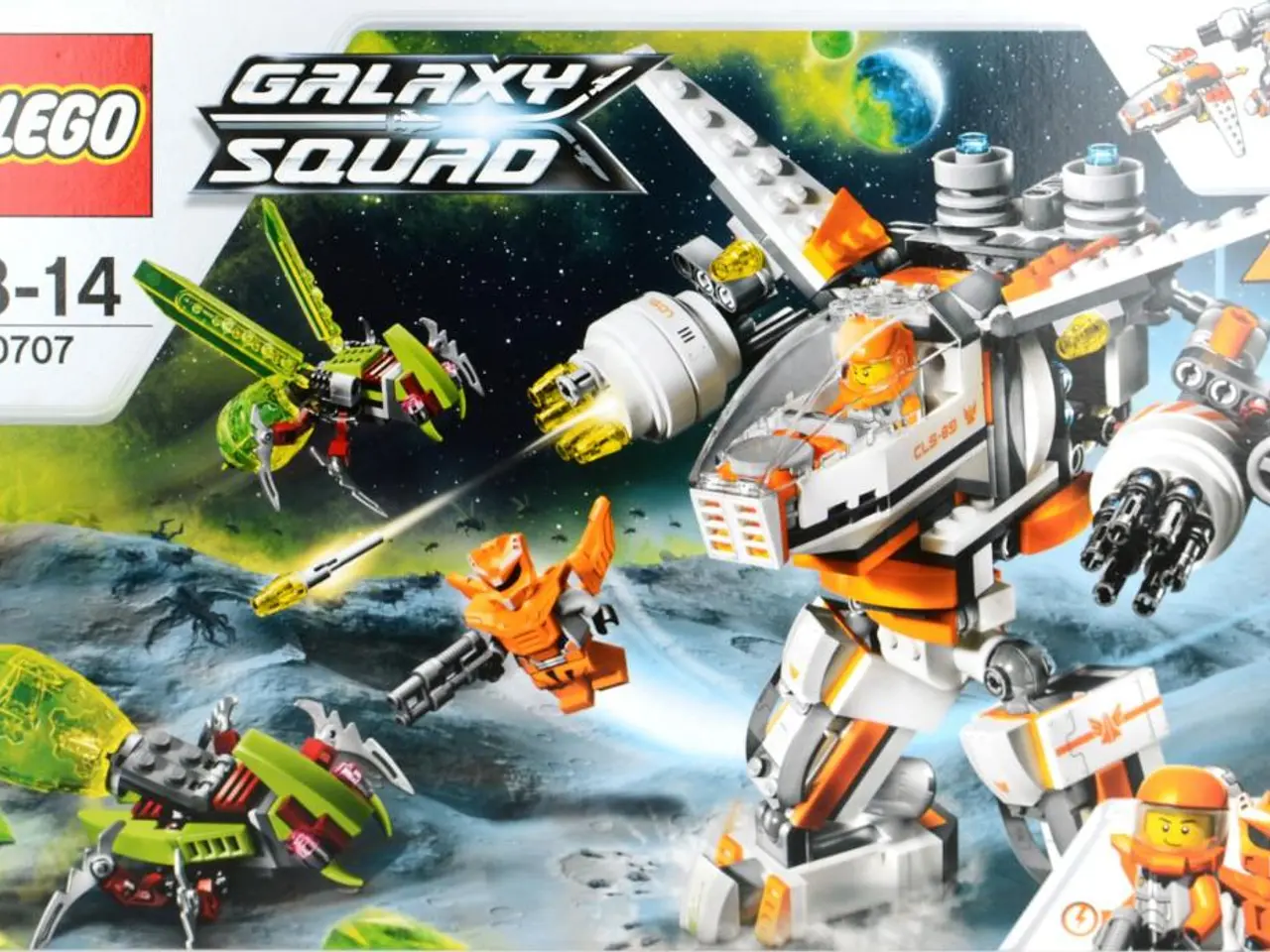Meta achieves a significant advancement in speech technology for characters, distinguishing it in the realm of cinema-quality talk synthesis (MovieCha)
Meta's MoCha: A Revolutionary AI Video Generation Model for Cinematic Storytelling
Meta's MoCha is making waves in the world of AI video generation, standing out as a specialized model focused on cinematic storytelling. This powerful tool, leveraging large-scale compute investments, creates highly realistic and narrative-driven video content, setting it apart from other models that primarily focus on shorter format content or visual impressiveness.
In a series of comprehensive evaluations, MoCha consistently scores above 3.7 across five criteria, outperforming all baseline models. These criteria include lip-sync quality, facial expression naturalness, action realism, prompt alignment, and visual quality. In tests using synchronization metrics like Sync-C and Sync-D, MoCha demonstrated the most accurate lip-sync and the least confusion between audio and mouth movement.
The key to MoCha's success lies in its integration of AI with cinematic narrative elements. This allows users to generate story-driven video footage that can effectively be used in film, advertising, and content creation. Unlike other models, such as OpenAI's Sora, Pika, or ByteDance's AI video efforts, MoCha emphasizes AI-driven storytelling capabilities, aiming to enable creators, developers, and researchers to produce cinematic videos that blend advanced AI video generation with narrative coherence.
MoCha's architecture involves encoding text, speech, and video, followed by a Diffusion Transformer (DiT) that applies self-attention to video tokens and cross-attention with text and speech inputs. This multi-stage training pipeline, starting with text-only video training and gradually introducing more complex scenarios, contributes to MoCha's ability to generate all frames in parallel, resulting in smooth, realistic articulation without drift.
If MoCha becomes accessible via an API or open model in the future, it could unlock a wave of tools for filmmakers, educators, advertisers, and game developers. With no keyframes or manual animation required, MoCha represents a step closer to script-to-screen generation.
Impressive examples of MoCha's capabilities can be found on the official project page, showcasing consistent gestures with speech tone, handling of back-and-forth conversations, realistic hand movements, and camera dynamics in medium shots. Future iterations of MoCha could potentially add longer scenes, background elements, emotional dynamics, and real-time responsiveness, changing how content is created across industries.
In summary, Meta's MoCha is a groundbreaking AI video generation model that combines state-of-the-art video generation with powerful storytelling capabilities. By serving a creative and research audience interested in producing cinematic, narrative-rich AI videos, MoCha is set to transform the way stories are told in various industries.
The groundbreaking AI video generation model, Meta's MoCha, is revolutionizing the field by integrating technology and artificial-intelligence to create story-driven video content, giving filmmakers, educators, advertisers, and game developers access to a step closer to script-to-screen generation. Unlike other models, MoCha focuses on AI-driven storytelling capabilities, emphasizing the blending of advanced AI video generation with narrative coherence.




